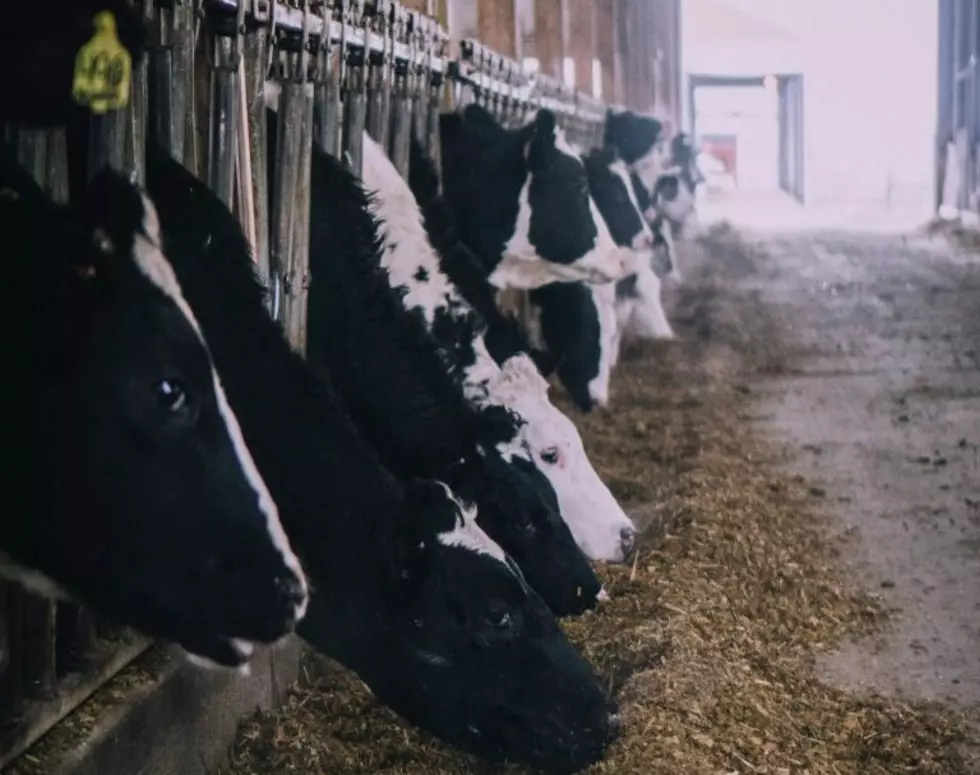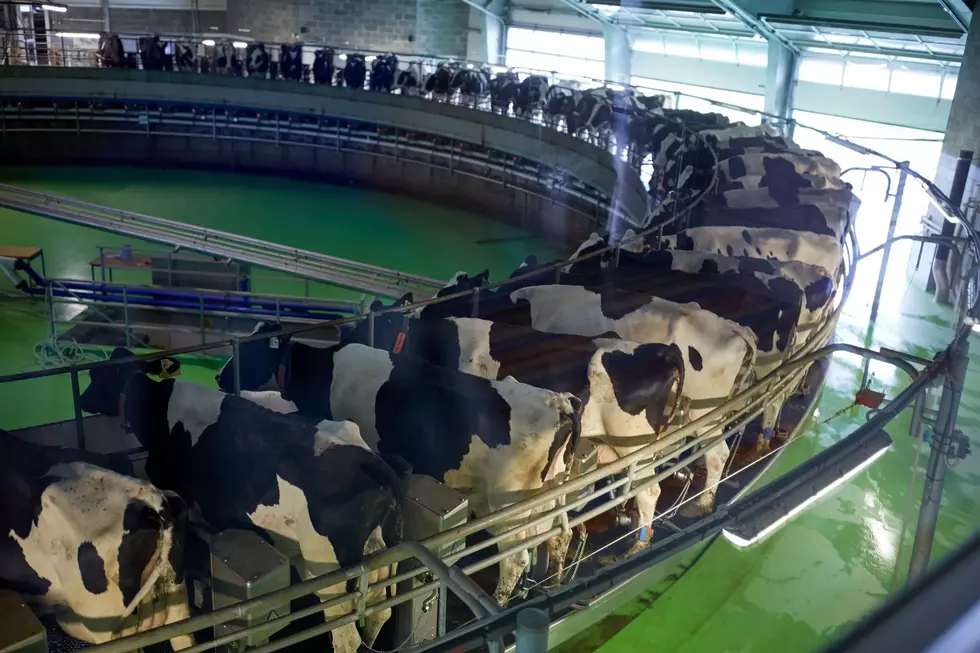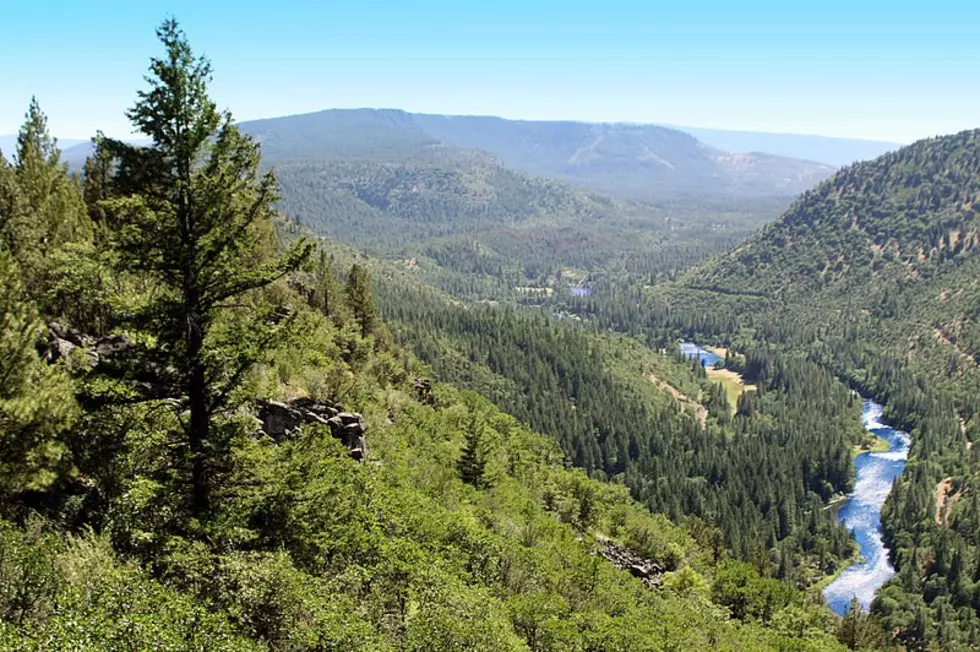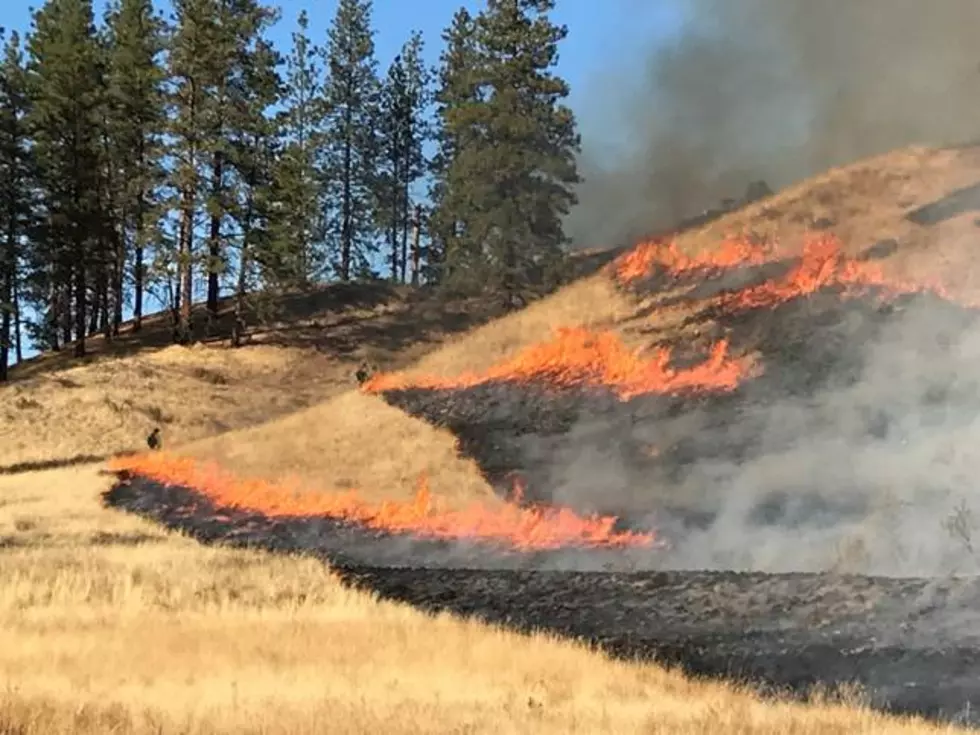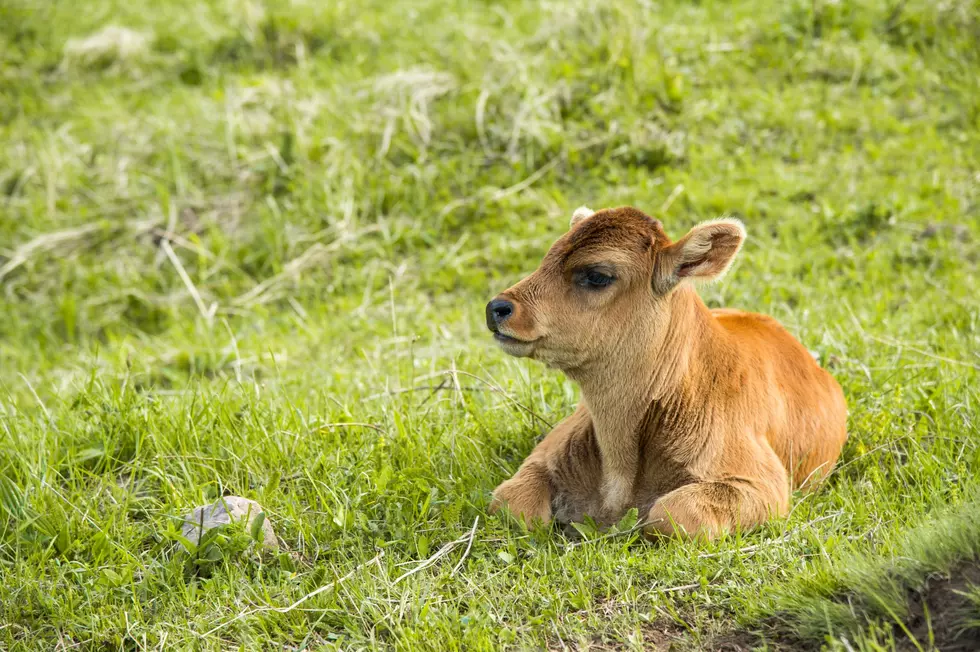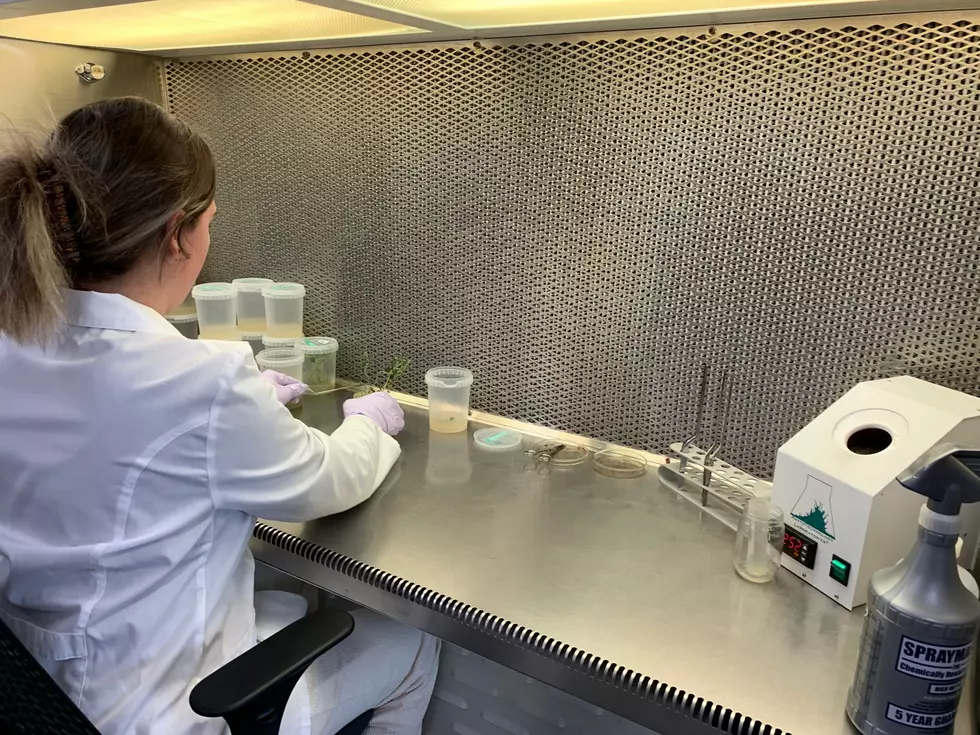
OSU Awarded Money From EPA To Slow The Spread Of Herbicide Resistant Weeds
Last week, the EPA announced that Oregon State University is one of six programs across the U.S. will split $780,000 from the Pesticide Environmental Stewardship Program. The funds will be used to explore the use of Integrated Pest Management in Agriculture over the next two years.
While traditional pest control involves the routine application of pesticides, IPM focuses on pest prevention and only using pesticides as needed. IPM looks to provides a more effective, environmentally sensitive approach to pest management, especially for historically underserved communities that are disproportionately impacted by unnecessary exposure to pests and pesticides.
EPA says IPM also has the potential to reduce greenhouse gas emissions that contribute to climate change. IPM strategies often use fewer pesticides resulting in less fuel consumption for pesticide application.
“As EPA works to protect human health and the environment, we’re eager to promote IPM, demonstrate its value, and provide tools to those interested in establishing IPM programs,” said Michal Freedhoff, Assistant Administrator for the Office of Chemical Safety and Pollution Prevention. “The work done under this grant has the potential to minimize economic, health and environmental risks and we’re excited to see how the grantees will advance our understanding of what sustainable pest management can look like.”
Awarded schools include:
- Oregon State University: Through outreach and educational efforts, this project seeks to slow the spread of herbicide-resistant weeds, preserve the useful life of current herbicides, and increase the adoption of IPM practices. The project will deliver herbicide resistance training through web-based and in-person workshops to Pacific Northwest agricultural professionals.
- Purdue University: This project aims to increase grower adoption of integrated pest and pollinator management tactics on watermelon farms to protect pollinators. Through a statewide scouting program, project directors will partner with Illinois and Indiana growers to implement integrated pest and pollinator practices on their farms. This project aims to support 200 watermelon growers.
- University of Florida: This project will create a process for ornamental plant growers to produce and market their products as wildlife friendly based on compatibility with pollinators and other beneficial wildlife. The project will also develop and deliver educational resources, Integrated Pest and Pollinator Management certification programs, and training opportunities for ornamental plant producers in the southeastern U.S.
- University of Tennessee: This project seeks to improve pollinator protection and health by developing a national framework to assess the effectiveness of pollinator protection trainings. Through targeted surveys, trainings (in English and Spanish) and evaluations of trained pesticide applicators across at least 12 states, this project will assess how knowledge transfer can be successful in affecting the behavioral practices of pesticide applicators.
- University of Vermont: This project aims to help reduce neonicotinoid seed treatments applied to row crops in Vermont by providing education in English and Spanish to more than 1,000 growers on IPM practices. The project will also provide hands-on training to 250 farmers, including tribal members and women, to assist them in making informed decisions about whether seed treatment is needed to avoid crop losses.
- West Virginia University: This project will further educate English- and Spanish-speaking growers and pesticide applicators about pesticides and IPM tactics utilizing several outreach programs already established at West Virginia University. This includes providing pesticide workshops and sharing educational videos for hundreds of growers and applicators.
To learn more about the grantees’ projects and the work they are doing to advance sustainable agriculture, visit EPA’s webpage.
If you have a story idea for the PNW Ag Network, call (509) 547-1618, or e-mail glenn.vaagen@townsquaremedia.com
More From PNW Ag Network

